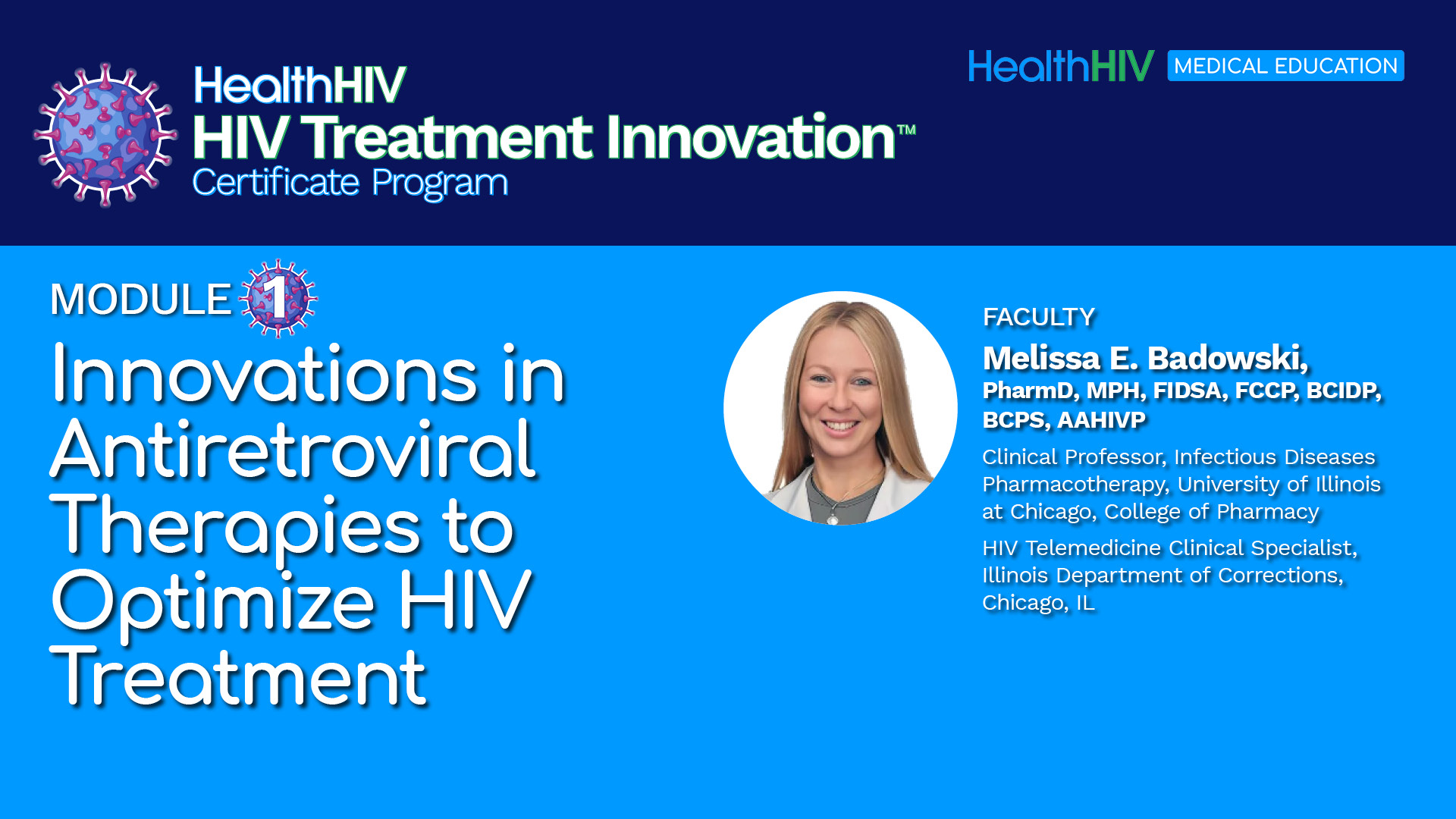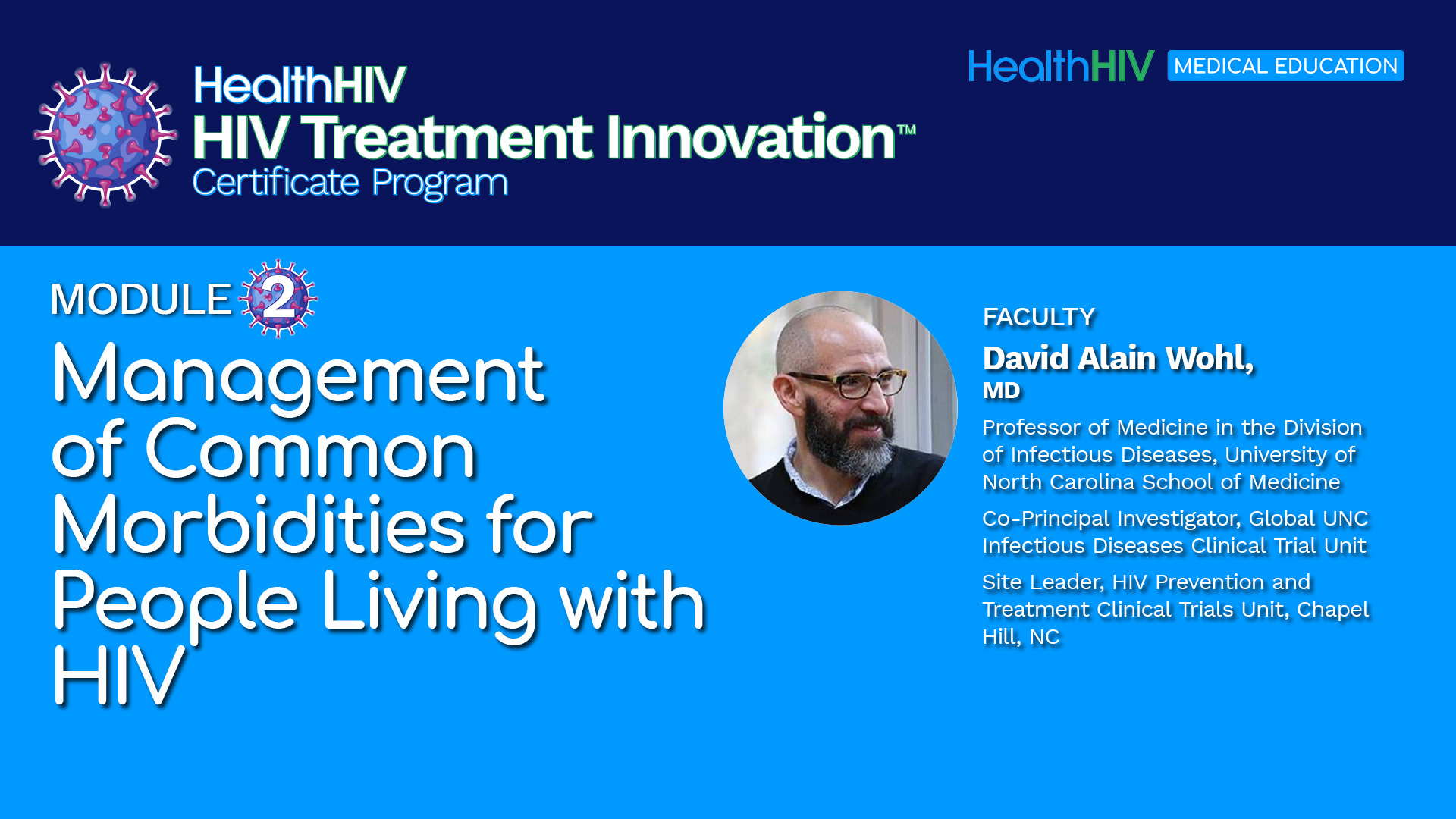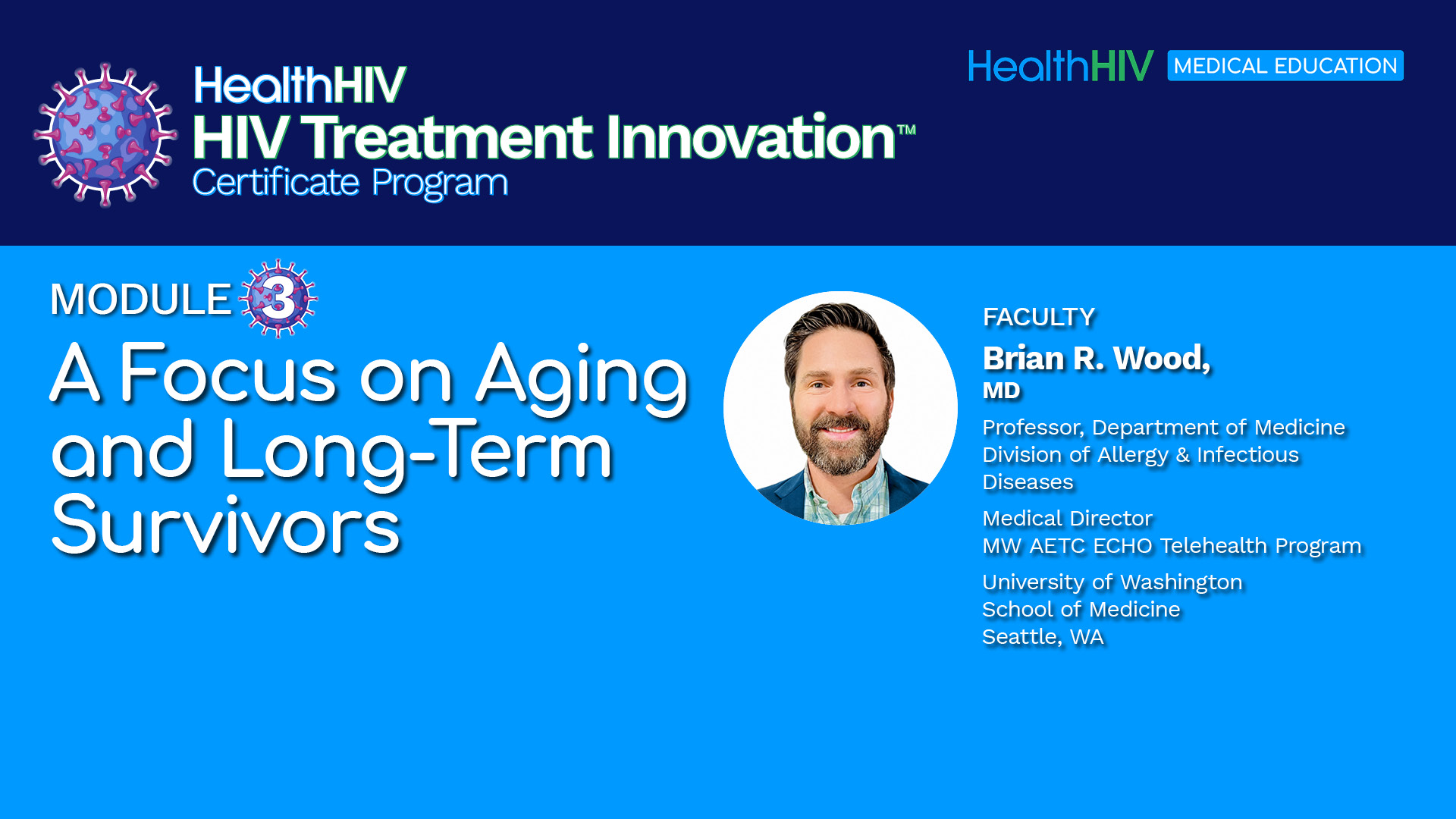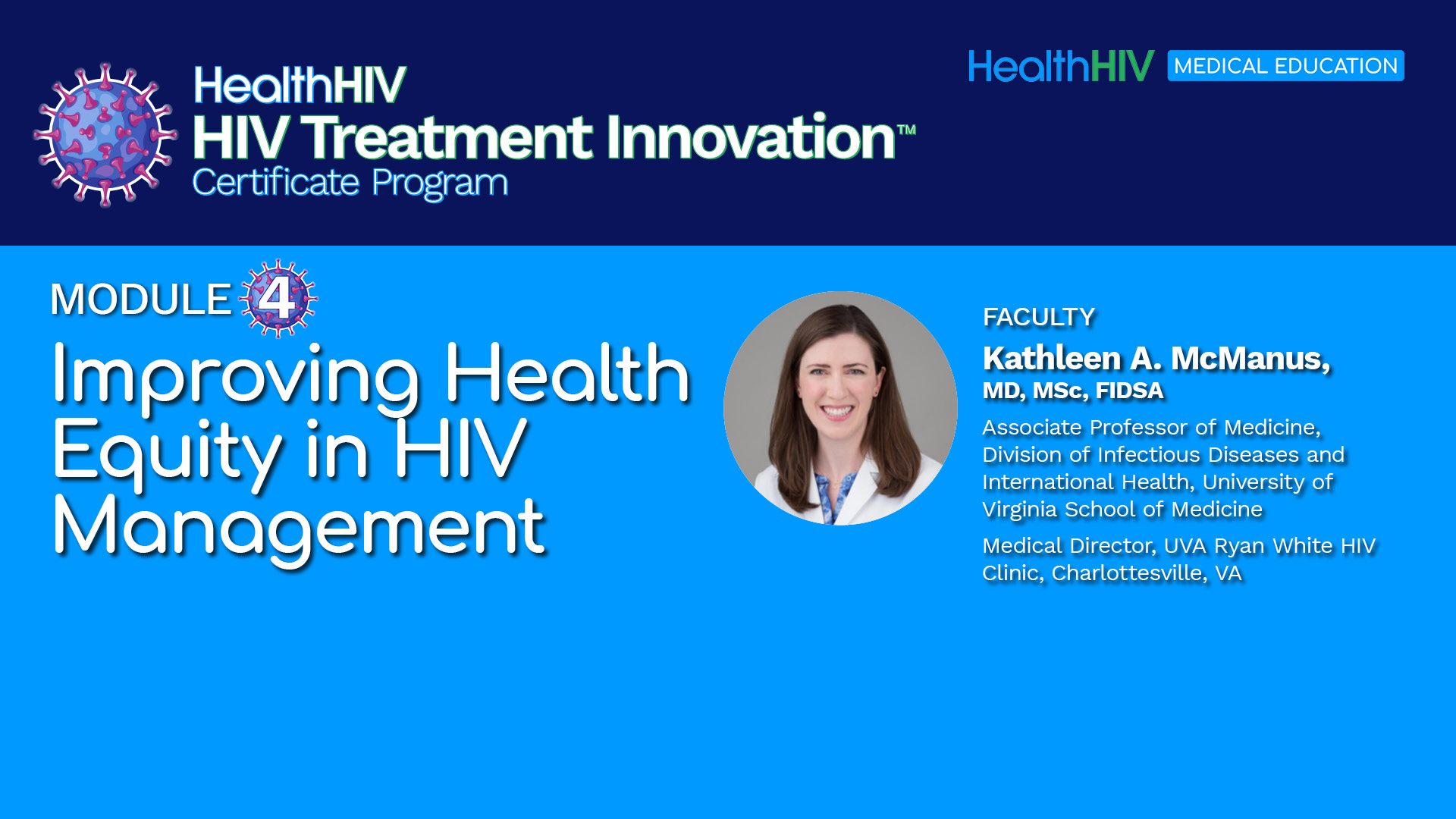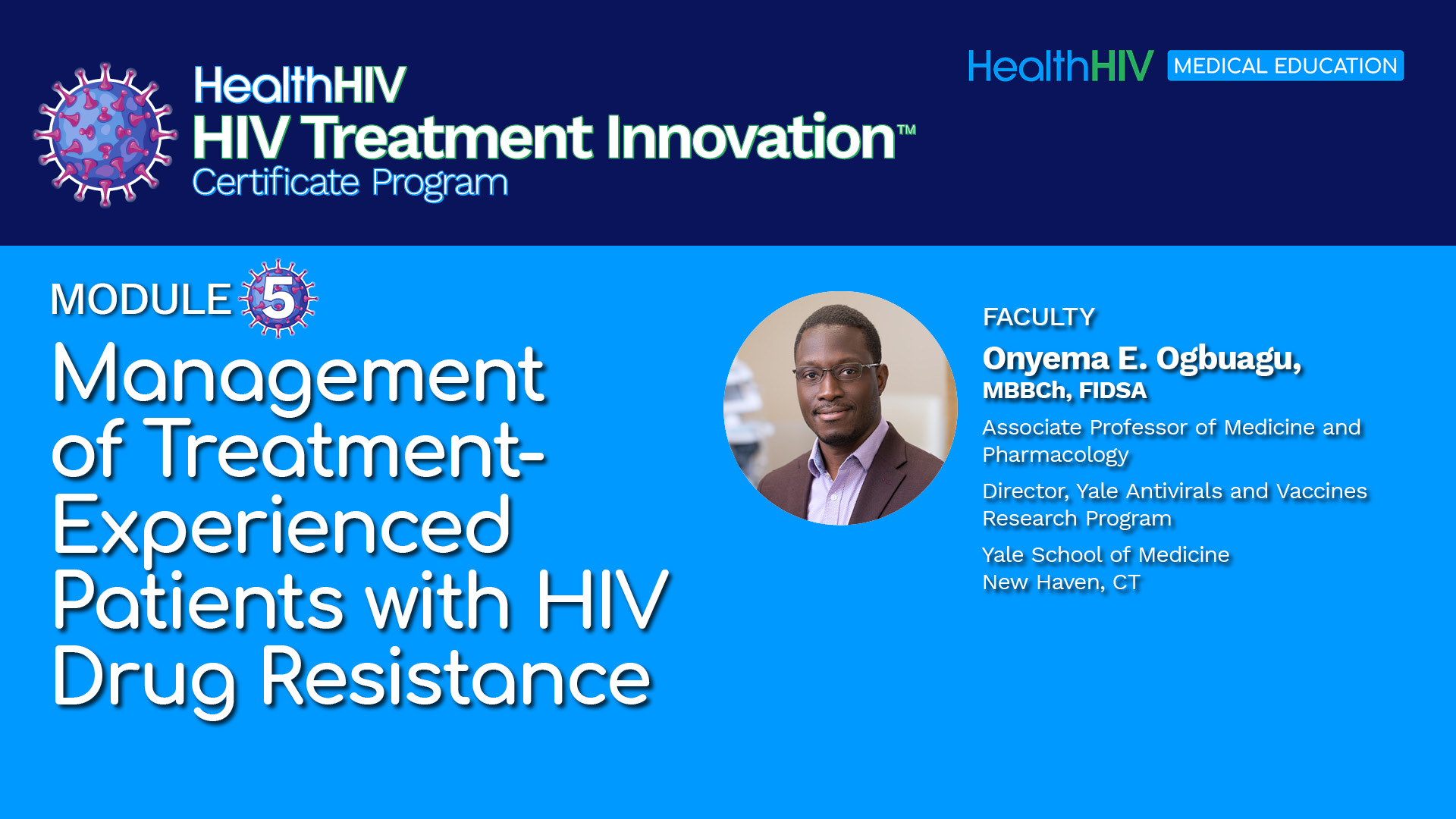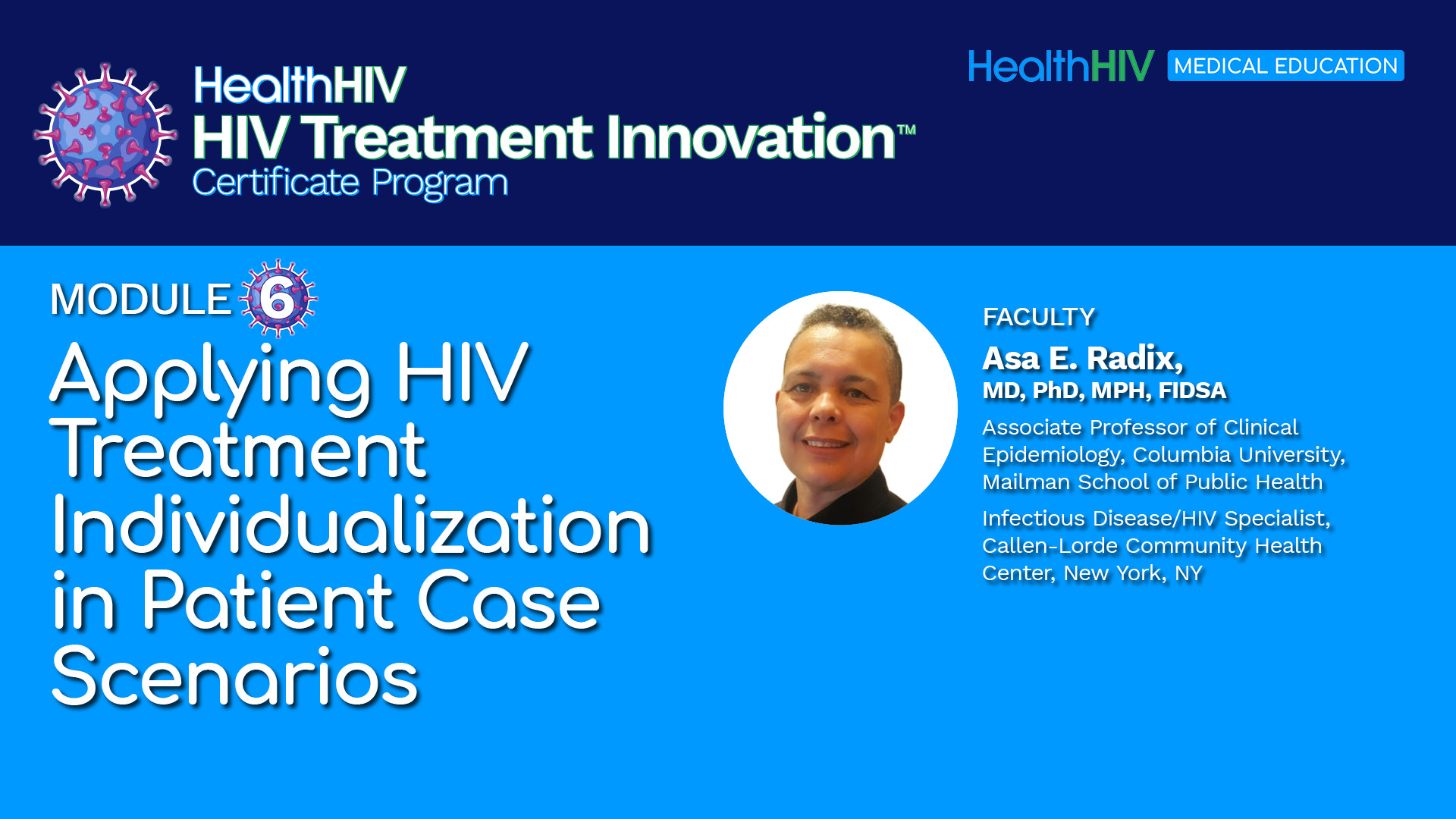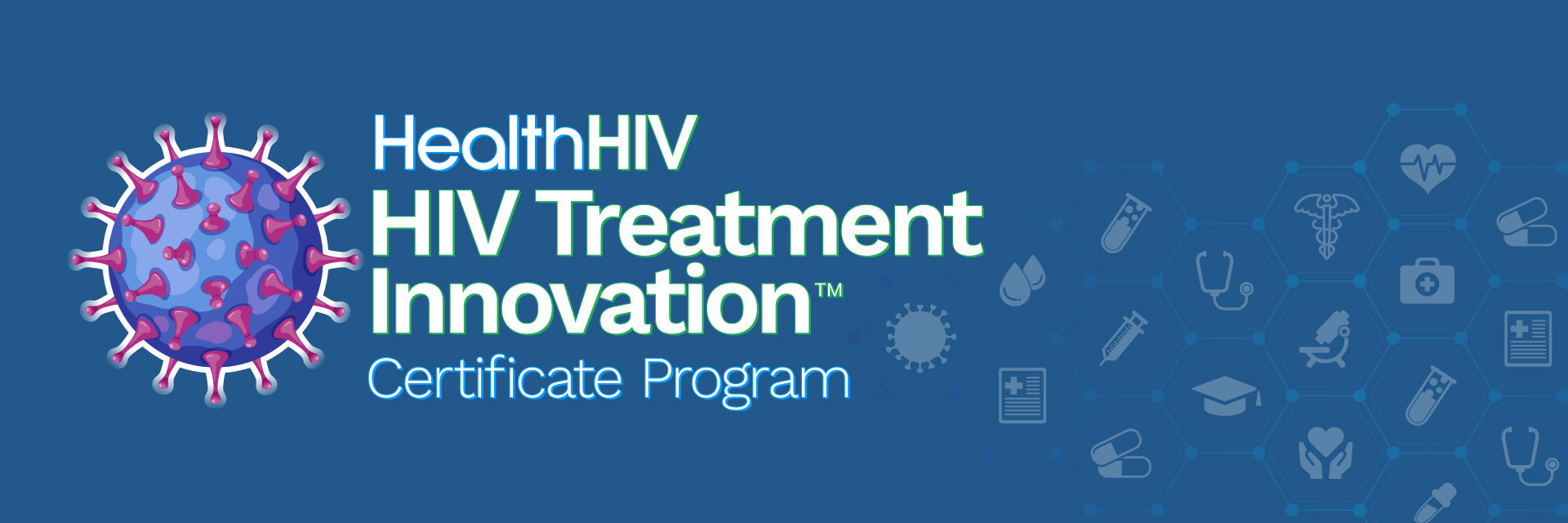
HealthHIV HIV Treatment Innovation™ Certificate Program
A Multi-Module Program for Advanced HIV Care and Treatment Providers: From Managing Comorbidities to Implementing Long-Acting Injectables
As there are rapid advancements in innovative HIV treatment, provider education must be timely and relevant to support providers to manage the complexity of patient care — from long-acting agents and injectables to new strategies for managing comorbidities and treatment resistance. Start your HIV innovation journey by enrolling in the free HealthHIV HIV Treatment Innovation™ Certificate Program that features leading experts in the field discussing the latest strategies in HIV treatment and management.
By participating in this free, one-of-a-kind program, experienced providers will:
- Develop skills to optimize HIV care
- Receive a certificate in HIV treatment innovation
- Earn up to 5.5 credit hours (CME, MOC, AAPA, NCPD, CPE)
- Stay connected to the dynamic HIV treatment landscape so that your patients can benefit from new innovations!
Providers will receive the latest updates in HIV treatment innovations while establishing a solid foundational understanding of key areas such as comorbidities and the unique needs of older adults, all reinforced through guided patient-case scenarios which feature treatment individualization strategies for enhanced clinical applicability.
What’s New in 2025?
The update and recertification of the HealthHIV HIV Treatment Innovation Certificate Program was released on September 30, 2025. There are a few key updates to be aware of:
- Modules are updated with state-of-the-science clinical data and information, and reflect updated clinical guidelines.
- Module 3 has been expanded to address complexities in HIV care for long-term survivors, including weight gain and body changes resulting from ART use.
- Module 5 has been expanded to include new therapies and considerations in managing HIV drug resistance.
- Module 1 will undergo additional updates in October 2025 to allow for incorporation of updated HHS HIV Clinical Guidelines.
Target Audience
This activity is intended for experienced HIV care providers (HIV and ID specialists), as well as primary care providers and general practitioners (includes MD/DO, NP, PA), nurses, pharmacists, and other professionals involved in the care of PWH.
Educational Objectives
After completing this activity, the participant should be better able to:
- Deliver comprehensive and individualized HIV care, including ART treatment and management of antiviral resistance and common coinfections and comorbidities.
- Recognize the benefits and flexibility of available regimens for vulnerable patients with HIV, including older adults and treatment-experienced patients.
- Apply individualized therapy for patients with HIV that is based on new and emerging strategies and addresses the diverse needs and preferences of individual patients (e.g., adolescents, pregnant persons, unstably housed individuals, and those with substance use disorders) to promote health equity.
- Describe new and investigational ART regimens and how they can be utilized to optimize HIV treatment.
Course Overview
Accreditation, Credit, and Support
All modules are accredited. Participants can earn up to 1.0 credits/contact hours (CME, AAPA, ANCC, CPE, ASWB M1-5 Only, ABIM MOC) per module.
In support of improving patient care, HealthHIV, is jointly accredited by the Accreditation Council for Continuing Medical Education (ACCME), the Accreditation Council for Pharmacy Education (ACPE), and the American Nurses Credentialing Center (ANCC), to provide continuing education for the healthcare team.
Media
Enduring Material
Release Date
September 30, 2025
Expiration Date
September 30, 2026
Time to Complete
- Modules 1–5: 60 minutes per module
- Module 6: 30 minutes
HealthHIV designates the modules within this enduring material for the following AMA PRA Category 1 Credits™ :
- Module 1: up to 1.0
- Module 2: up to 1.0
- Module 3: up to 1.0
- Module 4: up to 1.0
- Module 5: up to 1.0
- Module 6: up to 0.5
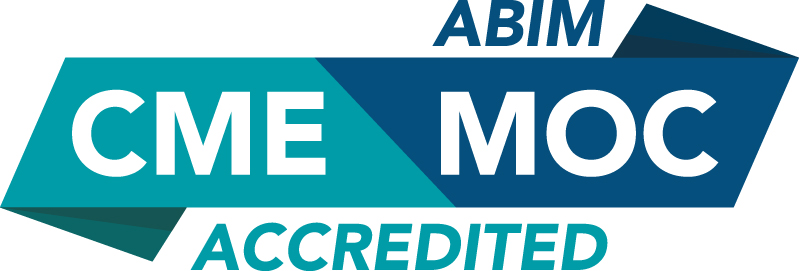
Successful completion of this CME activity, which includes participation in the evaluation component, enables the participant to earn the following MOC point in the American Board of Internal Medicine’s (ABIM) Maintenance of Certification (MOC) program. It is the CME activity provider’s responsibility to submit participant completion information to ACCME for the purpose of granting ABIM MOC credit.
- Module 1: up to 1.0
- Module 2: up to 1.0
- Module 3: up to 1.0
- Module 4: up to 1.0
- Module 5: up to 1.0
- Module 6: up to 0.5
Participation information will be shared through the ACCME’s Program and Activity Reporting System (PARS).
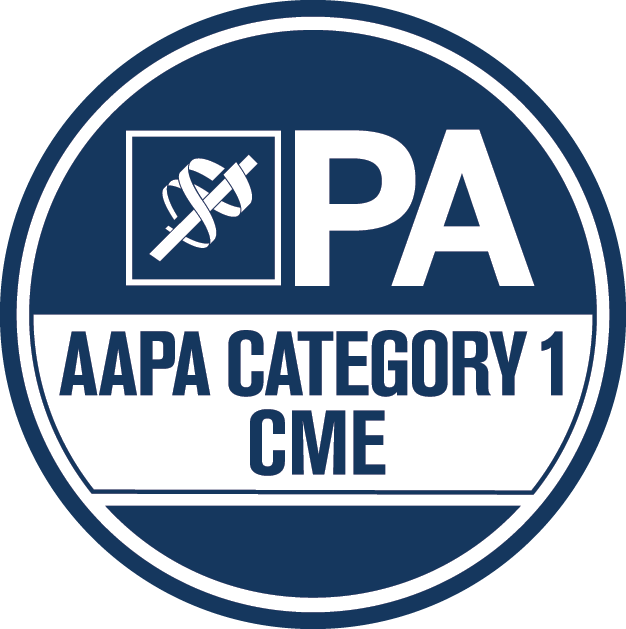
HealthHIV has been authorized by the American Academy of PAs (AAPA) to award AAPA Category 1 CME credit for activities planned in accordance with AAPA CME Criteria. This activity is designated for the following AAPA Category 1 CME credit. Approval is valid until September 30, 2026. PAs should only claim credit commensurate with the extent of their participation.
- Module 1: up to 1.0
- Module 2: up to 1.0
- Module 3: up to 1.0
- Module 4: up to 1.0
- Module 5: up to 1.0
- Module 6: up to 0.5
Successful completion of this nursing continuing professional development activity will be awarded the following contact hour and contact hour in the area of pharmacology.
| Module | NCPD Contact Hour | Pharmacology Contact Hour |
|---|---|---|
| Module 1: Innovations in Antiretroviral Therapies to Optimize HIV Treatment | up to 1.0 | 0.5 |
| Module 2: Management of Common Comorbidities for People Living with HIV | up to 1.0 | 1.0 |
| Module 3: Treatment Innovations in HIV: A Focus on Aging and Long-Term Survivors | up to 1.0 | 0.75 |
| Module 4: Improving Health Equity in HIV Management | up to 1.0 | None |
| Module 5: Management of Treatment-Experienced Patients with HIV Drug Resistance | up to 1.0 | 1.0 |
| Module 6: Applying HIV Treatment Individualization in Patient Case Scenarios | up to 0.5 | 0.5 |
HealthHIV designates this knowledge-based continuing education activity for the following contact hour and CEU of the Accreditation Council for Pharmacy Education:
| Module | CPE Contact Hour | UAN Number |
|---|---|---|
| Module 1: Innovations in Antiretroviral Therapies to Optimize HIV Treatment | up to 1.0 (0.1 CEU) | JA4008396-0000-25-044-H02-P |
| Module 2: Management of Common Comorbidities for People Living with HIV | up to 1.0 (0.1 CEU) | JA4008396-0000-25-031-H02-P |
| Module 3: Treatment Innovations in HIV: A Focus on Aging and Long-Term Survivors | up to 1.0 (0.1 CEU) | JA4008396-0000-25-029-H02-P |
| Module 4: Improving Health Equity in HIV Management | up to 1.0 (0.1 CEU) | JA4008396-0000-25-030-H02-P |
| Module 5: Management of Treatment-Experienced Patients with HIV Drug Resistance | up to 1.0 (0.1 CEU) | JA4008396-0000-25-028-H02-P |
| Module 6: Applying HIV Treatment Individualization in Patient Case Scenarios | up to 0.5 (0.05 CEU) | JA4008396-0000-25-032-H02-P |
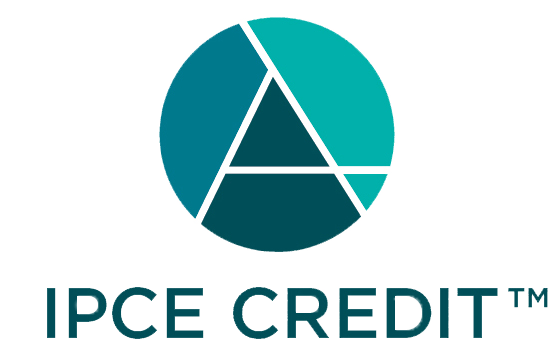
This activity was planned by and for the healthcare team, and learners will receive the following Interprofessional Continuing Education (IPCE) credit for learning and change.
- Module 1: up to 1.0
- Module 2: up to 1.0
- Module 3: up to 1.0
- Module 4: up to 1.0
- Module 5: up to 1.0
- Module 6: up to 0.5
Support Statement
This program update is supported by an independent educational grant from Theratechnologies, Inc. This program has continued support from Gilead Inc.
Planning Committee and Content/Peer Reviewers
The planners and content/peer reviewers from HealthHIV, the accredited provider, do not have any relevant financial relationships to disclose with ineligible companies.
Faculty Disclosures
Please see individual modules for each faculty member’s disclosure.
All relevant financial relationships have been disclosed and mitigated in accordance with Joint Accreditation standards and HealthHIV Policy.
Disclosure and Conflict of Interest Policy
HealthHIV is committed to providing high quality continuing education to healthcare professionals, as individuals and teams, with a protected space to learn, teach, and engage in scientific discourse free from influence from ineligible companies that may have an incentive to insert commercial bias into education. To that end, HealthHIV requires faculty, presenters, planners, staff, and other individuals who are in a position to control the content of this CE activity to disclose all financial relationships they have had in the past 24 months with ineligible companies as defined by the ACCME, as related to the content of this CE activity, regardless of the amount or their view of the relevance to the education. All identified COI will be thoroughly vetted and mitigated according to HealthHIV policy. These disclosures will be provided to learners prior to the start of the CE activity.
Disclosure of Unlabeled Use
This educational activity may contain discussions of published and/or investigational uses of agents that are not indicated by the FDA. The planners of this CE activity do not recommend the use of any agent outside of the labeled indications. The opinions expressed in the CE activity are those of the presenters and do not necessarily represent the views of the planners. Please refer to the official prescribing information for each product for discussion of approved indications, contraindications, and warnings.
Disclaimer
Participants have an implied responsibility to use the newly acquired information to enhance patient outcomes and their own professional development. The information presented in this CE activity is not meant to serve as a guideline for patient management. Any procedures, medications, or other courses of diagnosis or treatment discussed or suggested in this CE activity should not be used by clinicians without evaluation of their patient’s conditions and possible contraindications and/or dangers in use, review of any applicable manufacturer’s product information, and comparison with recommendations of other authorities.
Method of Participation
There are no fees for participating in or receiving credit for this CE activity. In order to receive credit, learners must participate in the entire CE activity, complete the post-test and activity evaluation form and your certificate of credit will be generated. A passing score of 80% or higher is needed to obtain credit. Your certificate will be available on eHealthHIV.org. If you have questions regarding your certificate, please contact Beth Brooks via email at [email protected].
For information on applicability and acceptance of continuing education credit for this CE activity, please consult your professional licensing board.
For Physicians requesting MOC credit, the post-test and evaluation are required in their entirety as well as your Board Unique ID number, DOB (MM/DD), and a score of 80% or higher is needed to obtain MOC credit (80% is required for ABS).
For Pharmacists, HealthHIV will accept your completed evaluation form for up to 30 days post-activity and will report your participation to the NABP only if you provide your NABP e-Profile number and DOB (MM/DD). Within 6 weeks, you can view your participation record at the NABP website: https://nabp.pharmacy/.
About This Activity
HealthHIV is responsible for the selection of this activity’s topics, the preparation of editorial content, and the distribution of this CE activity. Our activities may contain references to unapproved products or uses of these products in certain jurisdictions. The preparation of this activity is supported by educational grants subject to written agreements that clearly stipulate and enforce the editorial independence of HealthHIV.
The materials presented here are used with the permission of the authors and/or other sources.
If you have any questions related to educational credits, including the type or amount of credit awarded, reporting of credits to certifying boards, or general accreditation-related inquiries, please contact the Accreditation Team at [email protected]. A member of our team will be happy to assist you.
If you are experiencing issues accessing or downloading your certificate of completion, or if you have questions specifically about your individual certificate, please reach out directly to Beth at [email protected].
Questions and Answers
What if I have trouble logging in/accessing a course on eHealthHIV.org?
If you are a US-based provider, you may be asked to create and/or update your profile before enrolling. Please be sure all required fields are completed in the profile form before selecting submit. If you are a non-US provider, and are having trouble accessing a course, please know that our learning management system will soon be configured to accommodate learners from other countries outside the US.
What if I am a non-US provider?
We are working to ensure support for international learners, and will provide more information about accessing our courses soon. In the meantime, if you’d like to access courses or have questions about access, please email [email protected] or [email protected].
How do I find my certificate?
Please ensure you have completed a course’s post-test (if applicable) and evaluation survey before choosing the activity to obtain your certificate of completion. Your certificate of completion may take a few days to arrive by email, and it may be directed to a junk or spam folder.
Is the program free?
You may access this program, and all of HealthHIV’s certification programs, at no cost.

